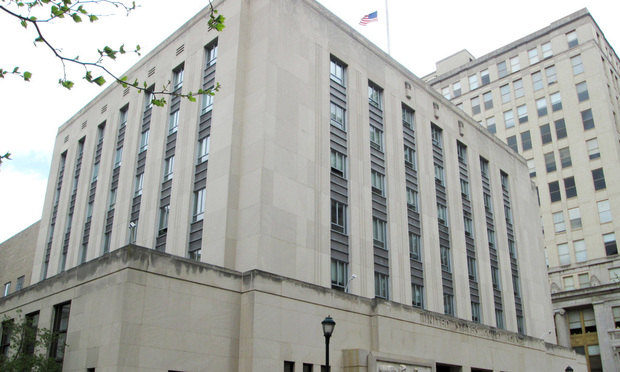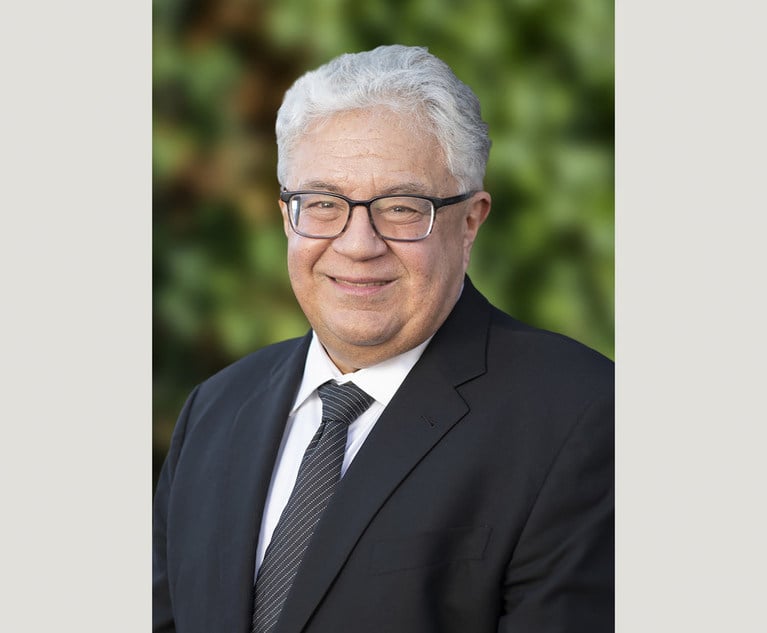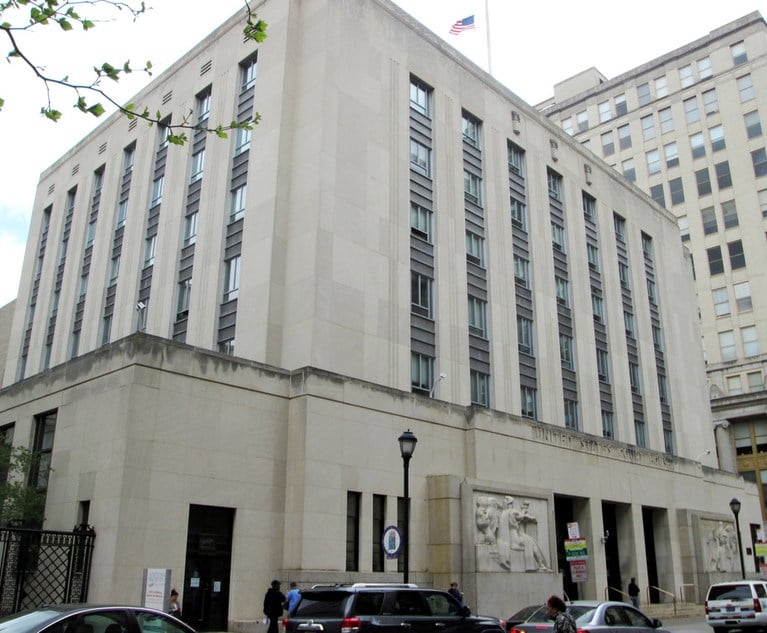The U.S. Department of Justice’s decision last month to replace a sitting Philadelphia immigration judge with an assistant chief judge from Washington, D.C., in a closely watched removal case “subverted the judicial process,” the National Association of Immigration Judges said in a formal grievance against the DOJ.
The National Association of Immigration Judges, which is the union representing federal immigration judges, filed a grievance Wednesday with the Executive Office for Immigration Review, the DOJ agency that hears immigration cases.


 Robert Nix Federal Building, 33 S 9th St., Philadelphia. Photo: Wikipedia.com
Robert Nix Federal Building, 33 S 9th St., Philadelphia. Photo: Wikipedia.com





